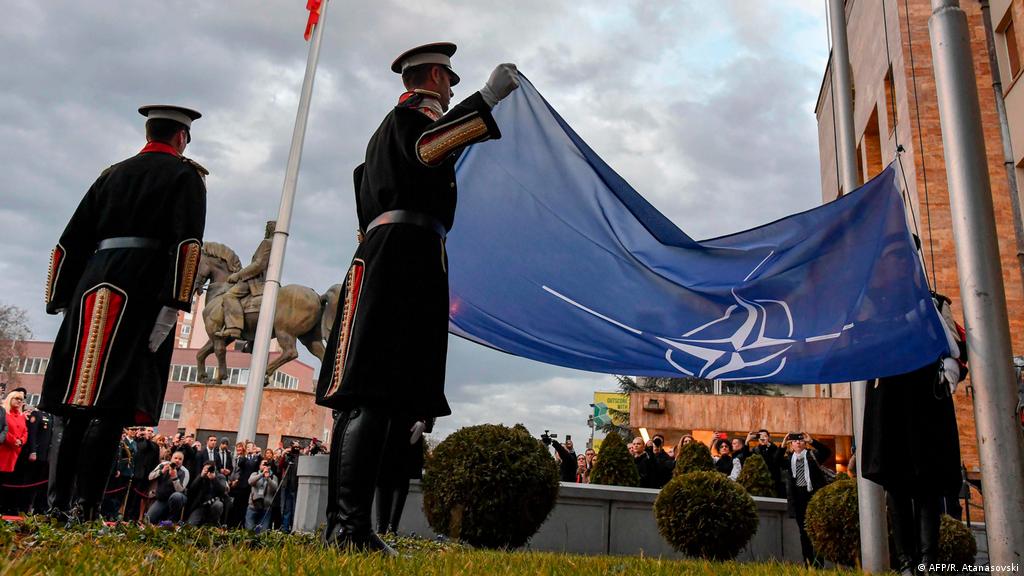Security and Integration
EU MEMBERSHIP
UMD supports strengthened EU-Macedonia relations but urges the European Council to align with the recommendations of other EU institutions and grant Macedonia a definitive date to begin accession talks and open chapters for membership.
Macedonia has long pursued EU membership, applying in 2004 and achieving candidate status in 2005 following a positive recommendation from the European Commission. To join the EU, Macedonia must fulfill the Copenhagen criteria, which encompass a broad range of political, economic, and legal reforms.

Over the years, both the European Commission and European Parliament have consistently supported the opening of EU membership talks with Macedonia, highlighting “convincing progress” in areas such as police reform, anti-corruption efforts, and human rights. Since December 19, 2009, Macedonian citizens have enjoyed visa-free travel to most EU member states within the Schengen area, further demonstrating the strong ties between Macedonia and the EU. Despite meeting these criteria and receiving numerous positive progress reports, the European Council has not set a date for Macedonia to begin accession talks, primarily due to opposition from Greece.
Despite its progress, Macedonia continues to face significant hurdles. In 2020, the country became a full NATO member, following years of pressure, including unconstitutional demands to change its name from the Republic of Macedonia to “North Macedonia.” Now, the EU accession process is similarly delayed by the so-called “French Proposal,” which demands that Macedonia recognize various minorities, including Bulgarian, Croatian, and Montenegrin, and resolve historical disputes with Bulgaria before proceeding with EU accession. This additional condition has been perceived as another imposed barrier to Macedonia’s integration.
While UMD supports closer EU-Macedonia relations, it urges the European Council to respect the recommendations of other EU institutions and set a clear date for Macedonia to begin accession talks, in recognition of the country’s enduring commitment and achievements in meeting EU standards.
NATO MEMBERSHIP
Macedonia became a full NATO member in 2020, after years of dedication and meeting all military and civil criteria, despite being unconstitutionally pressured to change its official name from the Republic of Macedonia to “North Macedonia.”
For nearly two decades, Macedonia pursued NATO membership, a goal supported by over 90% of its population. During this time, the country made substantial contributions to NATO missions, including deploying combat troops under NATO command. Macedonia ranked as the fourth-highest ISAF troop contributor per capita in Afghanistan and has hosted NATO’s logistical support center for the Kosovo Force (KFOR) since 1999, providing safe refuge to over 360,000 Kosovar refugees during the conflict. Additionally, Macedonia contributed to multilateral missions in Bosnia, Iraq, and Lebanon.
Strategically located in Southeast Europe, Macedonia serves as a crucial gateway for rapid NATO troop deployment to the Middle East and North Africa, reinforcing broader regional stability. At the 2008 Bucharest Summit, despite meeting all NATO Membership Action Plan requirements, Macedonia’s anticipated NATO invitation was blocked by Greece, violating the 1995 UN-brokered Interim Accord. In response, Macedonia brought the case to the International Court of Justice (ICJ), which ruled in December 2011 that Greece’s actions in 2008 were a breach of international law, specifically prohibited by Article XI of the Interim Accord.

Canada’s Minister of National Defence, Peter MacKay, had advocated for a “consensus minus one” approach to prevent disputes like Greece’s objections from hindering NATO membership. Greece’s focus on the name dispute has been widely regarded as a political maneuver, aiming to deflect attention from domestic issues and silence the ethnic Macedonian minority in northern Greece. Given Macedonia’s compliance with all NATO standards and the ICJ ruling, the 2012 Chicago Summit was a prime opportunity for Macedonia’s NATO invitation, underscoring that regional security, stability, and respect for international law should be prioritized. Unfortunately, this opportunity was missed.




